This past week I had an interesting experience helping my sweet mother. She was not feeling well, and while she is a fantastic herbalist herself, she asked me to help her get better. When we are sick, it is sometimes hard to get the energy and ambition to decide which herbs to take and then take them as frequently as we should. So, my mama asked for some help with her herbal regimen. She had been fighting a respiratory bug and seemed to be past all of the symptoms, except for an awful cough. The cough was very persistent and was causing her to be awake most of the night. Her body was exhausted from the combination of the horrific coughing fits and the lack of sleep. I asked her if she felt that the cough was productive or if she thought it had moved into a phase of constant irritation and not being able to heal. It seemed as though the cough was no longer serving a purpose in getting the goobers out of her lungs and was simply an inflamed and irritated respiratory system that was working against itself in the healing process.
There are a number of herbs that I wanted to give her to help with the healing. Cramp bark is a wonderful anti-spasmodic and would calm all of the muscles in her throat and chest and send them on a nice beach front vacation (which was much needed after all their hard work making my poor mama cough!) I also wanted her to take Wild Cherry Bark and Licorice Root for their soothing antitussive (anti-cough) properties. As I was looking at my mother and seeing how wiped out and awful she felt, I decided that Rehmannia would be an excellent herb for her to take as well! Rehmannia has an amazing ability to help you overcome the malaise that is often experienced after a long and depleting illness. It also helps modulate the immune system and rebuild red blood cells.
Once I had figured out which herbs I wanted her to take, it was time to decide on the best way to have her take them. I wanted her to take small frequent doses anytime she felt an itch starting in her throat. A tincture would work, but that would be a ton of tincture over the course of a day (which may have been a little more fun than she was up for)! Simply putting herb powder in a drink would also work, but that wasn’t a perfect option either because the grittiness of the powder may be irritating to her inflamed tissues. Capsules would be nearly useless because they would bypass the throat and the herbs wouldn’t interact with her system until the gelatin was dissolved in the digestive tract. It was important for the licorice to have direct contact with her upper respiratory tissues so that the full soothing effects could be achieved.
I decided to make her a big batch of tea and have her sip it all day.
The results were fantastic! The tea calmed her cough throughout the day. She put a cup by her bed that night and anytime she woke up with a coughing fit she would take a few sips and calm it right back down. By the next day she was on the mend and was beginning to feel like herself again!
She continued to sip tea as needed for several days. I also had her start taking the herbs in our Feed The Need – Restoration Bundle. These herbs are deeply nutritious and help rebuild the body after an exhaustive bout with an illness.
The most important part of being a good herbalist is helping your patient incorporate the herbs into their daily routine in a practical and efficient way. This will look different for every person and every ailment. It doesn’t matter how great the herbs are if the method of administration is impractical for that scenario. I find that when an illness is running rampant through my family that different delivery systems will work differently for each individual. One child will prefer an herbal gummy, another will love drinking tea, and a third child does great with the tinctures. Always Remember that empathy and intuition are your most valuable tools as an herbalist!
If you would like to learn more about herbs, we would love to join you on your journey! Take a look at our school The HomeGrown Herbalist School of Botanical Medicine. We also do live in-person teaching events to help folks become fantastic herbalists. If you would like to join us for our next live class, click here to learn more.
I wish you all the best on your journey as healers!
– Luci
Lucianne Walker – Traditional Naturopath, Clinical Herbalist, & General Manager of HomeGrown Herbalist, LLC.
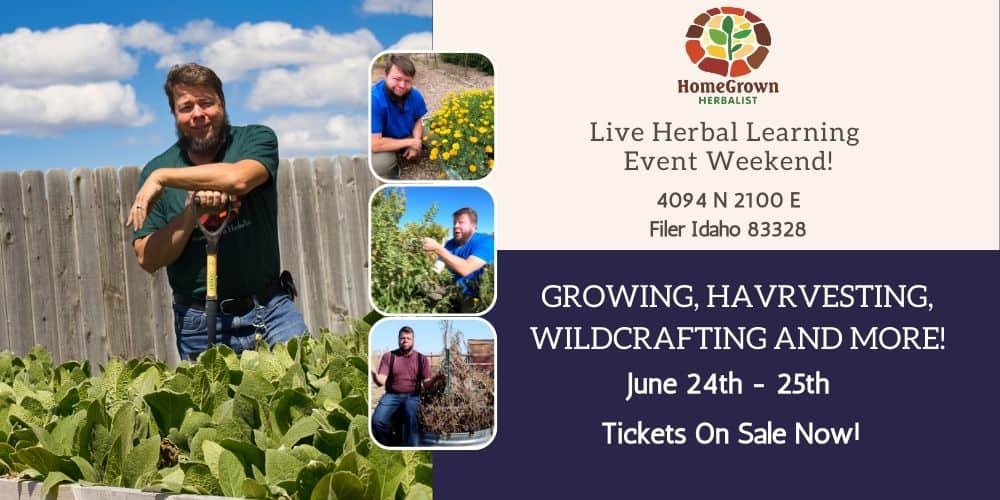



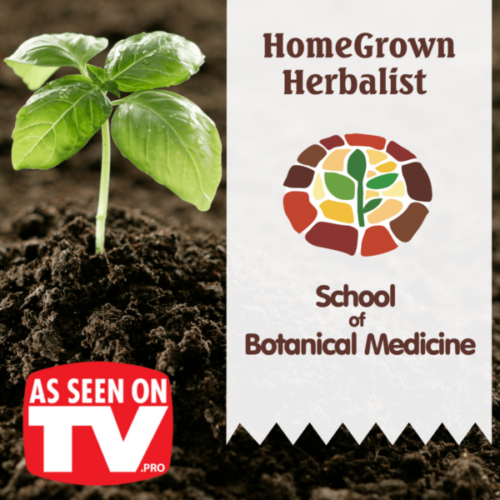
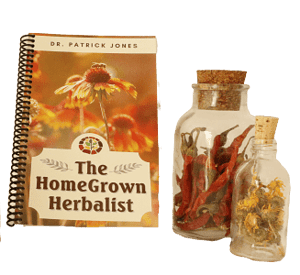

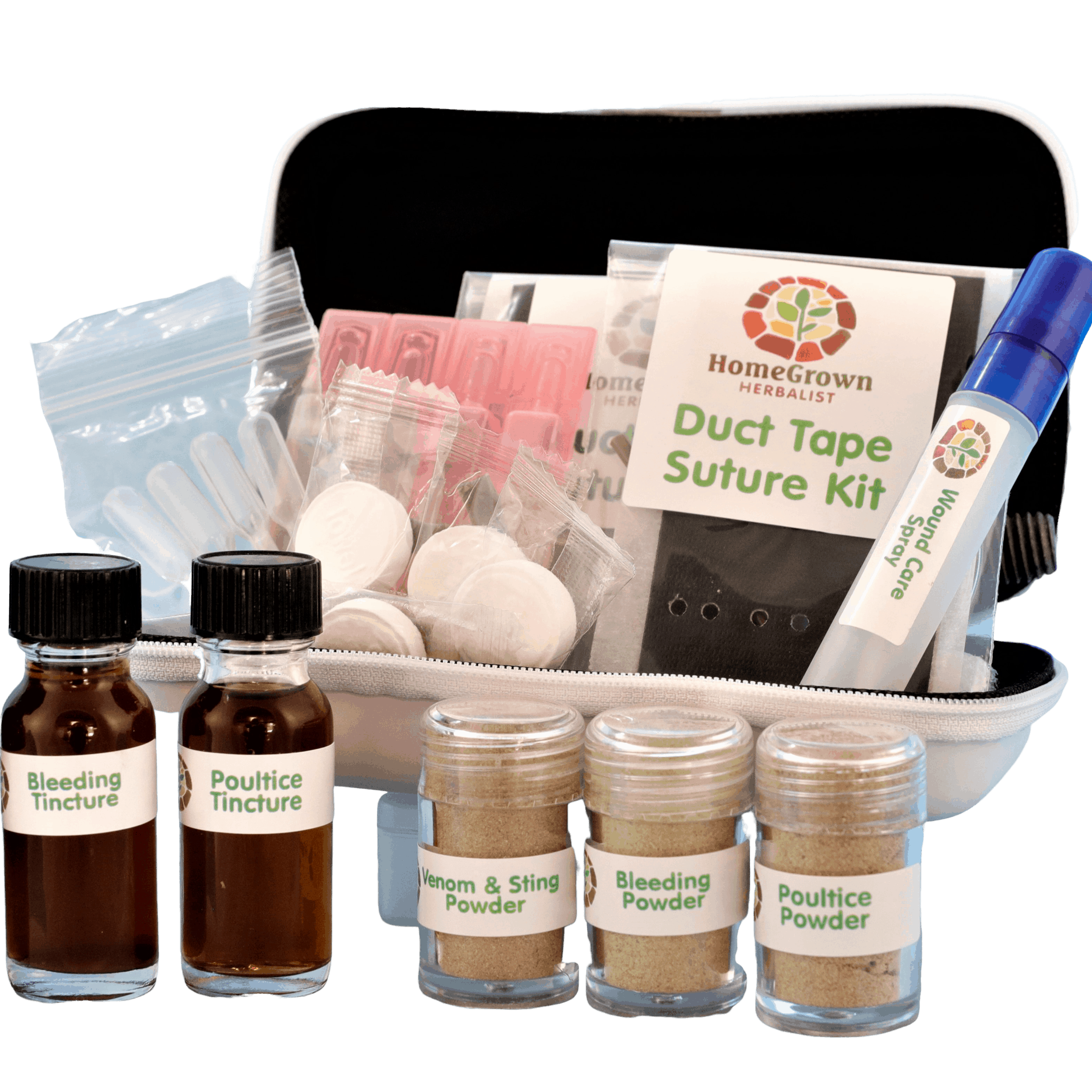
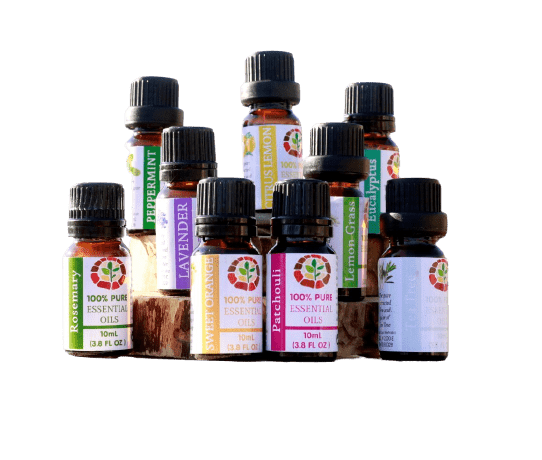
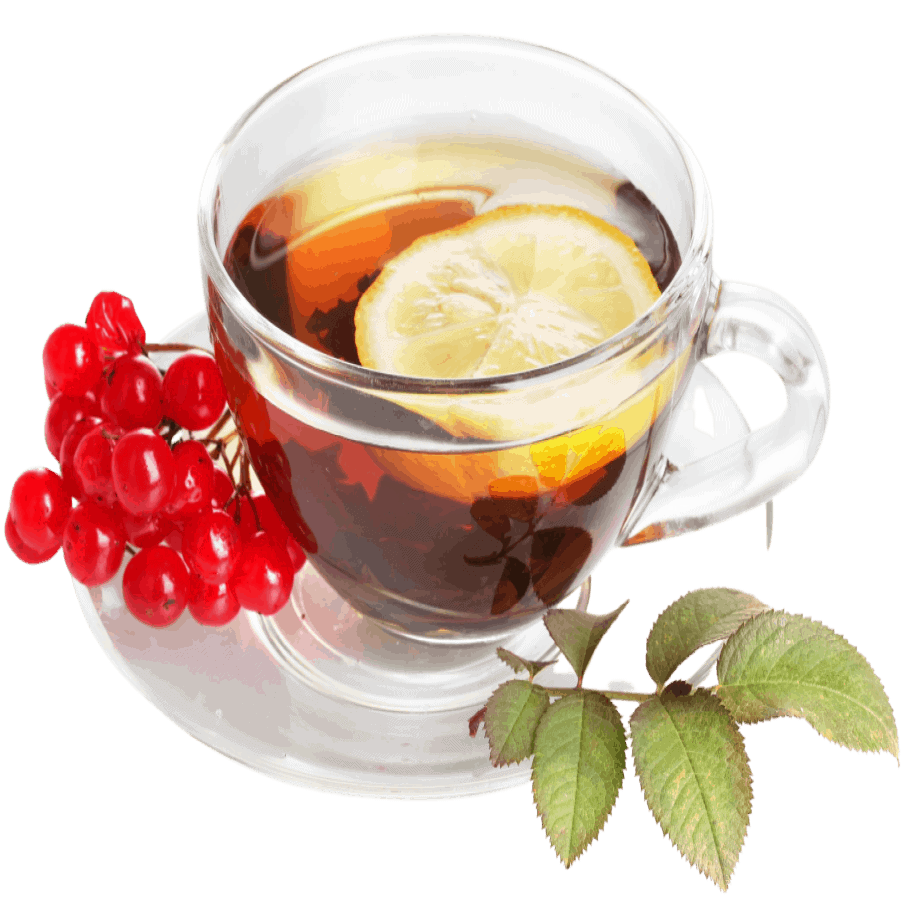
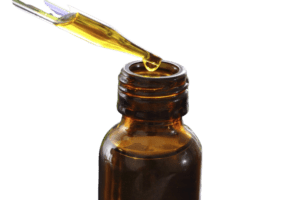
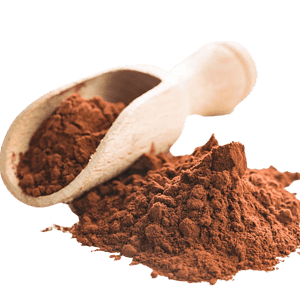
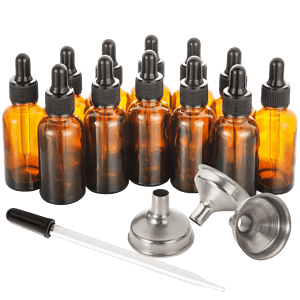

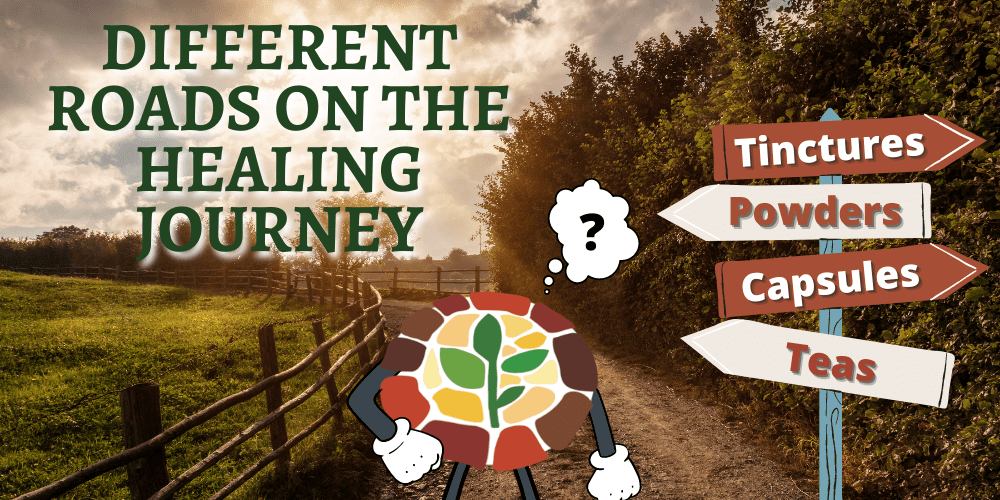
This was a fabulous article. It never occurred to me that the delivery of the herb is almost as important as the herbal remedy itself. Thank you for using a real life example to teach, as I learn best that way. I am one of your early pupils in your school “Home Grown Herbalist” Helping family and friends by using what I learned from you and your courses has been a great blessing!! Thank you so much!!
Thank you for this article! A cough is irritating me as I write this (for the last four weeks) I’ve been vulnerable to them after bouts of sinus infections and thought I kicked them a few years ago by hydrating, a strict exercise regime and supplements. (The many specialists I saw were stumped and kept throwing different meds at me, to which none helped) Lo and behold a cough along with Covid is taking me down that same ab wrenching road! Tho I’m recouping from Covid (thanks to the herbs from Homegrown Herbalist – thank you!) I still have this horrible tickle sensation in my throat causing me to cough, cough, cough! Or hack, hack, hack, my poor husband has had to endure this years ago and now again! I am VERY interested to know what amounts of these herbs I need to make this tea. Is the powder or tinctures used in it? Appreciate all you do and will anxiously await a response. Tell your mother from one cougher to another “I feel her pain/torment”!
Very nice and informative article Luci.
I’m so glad your mom is doing better! I couldn’t agree more with your assessment that sometimes we need someone to come alongside us and help us find the path to healing. I’m just getting over an upper respiratory illness, and my hubby remembered some helpful, healing herbs that my brain couldn’t remember at that time. Gathering handfuls of fresh herbs (elder leaf, yarrow, mint, etc.) from the garden and making a soothing tea to drink really did help turn the corner. Hugs to your sweet mom and dad and wishes for abundant good health for your whole family!
Thanks Doc, i too previously had a persistent cough that just wouldn’t go away. No mucous. But the tickling in the throat stayed too long. I boiled water, added Mullein/Marshmallow root & Sage to a organza bag, then covered my head w/a towel to breath it in, along w/teas to sooth the throat and honey. Took a long time. So, thanks for this info for a future remedy to use.
Luci,
If I’m not mistaken, you’ve been the master-mixologist for Home & Hearth tea, and I Can’t Believe It’s Not Coffee tea. Did you also concoct Nourishing Roots? All (3) are at the top of my favorites list. Thank you for these delights. You are “tea-rific”!!
Doc Jones, thank you for the article. Unfortunately, I know how your mother feels right now, and your article stepped in to help. So, if you only sell the tincture or herbal powder, that requires ordering from another source for the chopped/dried herbs in order to make the tea. Correct? Also, what are the ratios for making the tea–how much of each? For a large batch, are the herbs simmered for 20 min. before tea is cooled and ready to drink, or is steeping 1 tsp of mixed herbs in a mug for 3 min. sufficient to extract the benefits.
It was actually my daughter Luci that wrote this one. But I’m married to the nice “Mama” lady. :0)
I use powdered herbs for teas all the time. They make a stronger tea than more solid stuff, you just need to strain it through a bit of cloth. For teas, I boil the water, take it off the heat and put the herbs in. I never simmer anything because the powder has vastly more surface area than more solid stuff and the extra time and heat just beats up the medicine.
Cut &sift herbs are fine and pretty for beverage teas, but other than aesthetics and needing a cloth strainer, there’s no reason not to use powdered herbs.
Thank you for clarification and helpful information. Luci created a very good article. Hope “Mama” is feeling better. As far as powder ratios for the tea, I don’t want too much of one herb and not enough of another. What are suggested ratios? If this is a question more appropriate for the Herbal School of Medicine, I will go to that forum. I am a new student and look forward to the courses and new platform.
i also thought it was Doc Jones talking throughout the entire passage until I read the sign off.
The proverbial apple doesn’t fall far from the tree!
Thank you for the article! I too an a HGH student. For powdered herbs I use a tea bag. I keep my cup with a lid on a candle warmer to keep it hot and I leave the bag in the cup as I sip the herbs. This works for me.
Nice to hear from Luci! (You’re the tea-maker too, right? I love ’em!)
I can very much relate to not feeling like figuring out what to do for myself when I’m sick. I’m the family herbalist on cal, lol…and I can usually assess the situation for others and figure it out, but for myself it’s a huge challenge because of low energy when ill.
I’m glad that you got your Mama on her feet.
God bless!
It’s very nice to know that one of the Jones descendants is an herbalist too. I have wondered how many of the 15 had taken this up. 🙂
Thanks for a good article, Luci. 🙂
Three of my kids and their spouses are deeply involved in HomeGrown Herbalist. But most of the rest still holler for herbs when they don’t feel good. LOL
My daughters dog is a small breed mix and has started having seizures after maybe 15 minutes of running. Archie (boy) is only 4 years old. They had a lot of blood work done on dog and didn’t find anything. Do you have any suggestions? Please and thanks?
I’ve used some herbal interventions for seizure cases but typically, I use medications as they are more effective. If the pup has normal blood work, it’s probably epilepsy. If seizures are infrequent, I don’t usually bother with meds. IF they are frequent or severe enough to make the pup really miserable, I prescribe meds.
Love this! And Rehmannia is a new herb to me, I’d love to learn ore about that! Licorice, Mullen and Marshmallow are such good friends!
I know a nice fellow that can help you with that.
Rehmannia Video